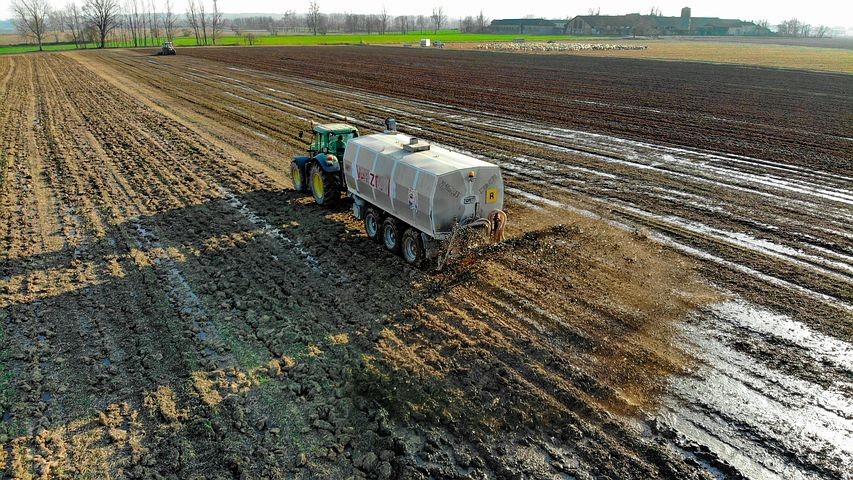
According to new research analyzing the planet's vital signals, many of the major indications of the global climate catastrophe are growing worse and nearing or exceeding crucial tipping points as the globe warms.
In all, 16 of the 31 monitored planetary vital indicators, such as greenhouse gas concentrations, ocean heat content, and ice mass, established alarming new marks, according to the research.
Planetary Vital Signs

In a statement, William Ripple, an ecologist at Oregon State University who co-authored the new research, stated, "There is mounting evidence we are approaching close to or have already gone over tipping points associated with critical aspects of the Earth system."
"The updated planetary vital signs we present largely reflect the consequences of unrelenting business as usual," Ripple said, adding that "a major lesson from Covid-19 is that even massively reduced transportation and consumption are not nearly enough, and that transformational system changes are required instead."
Pandemic Emissions

While the epidemic brought economies to a halt and changed people's attitudes about work, school, and travel, it did nothing to cut global carbon emissions. Instead, carbon dioxide, methane, and nitrous oxide "have all established new year-to-date records for atmospheric concentrations in both 2020 and 2021," according to the authors of research published in the journal BioScience.
The highest monthly worldwide average carbon dioxide concentration ever measured was 416 parts per million in April 2021. Since 2015, the five warmest years on record have all happened, with 2020 being the second hottest year.
Methane Emission

According to the research, ruminant cattle, a key producer of planet-warming gases, now number over 4 billion, with a total mass greater than that of all humans and wild animals combined. In 2019 and 2020, the rate of forest loss in Brazil's Amazon rose, hitting a 12-year high of 1.11 million hectares deforested in 2020.
Ocean Acidification

Ocean acidification is at an all-time high. When paired with rising ocean temperatures, it threatens the coral reefs that provide food, tourism money, and storm surge protection to more than half a billion people.
The report did have a few bright spots, such as fossil fuel subsidies hitting an all-time low and fossil fuel divestment hitting an all-time high.
Creating Significant Changes

The authors write that significant changes are required to alter the path of the climate emergency. They argue that global carbon pricing should be connected to a socially fair fund to fund climate mitigation and adaptation programs in impoverished countries.
The authors also stress the importance of phasing out fossil fuels, eventually banning them, and creating global strategic climate reserves from conserving and restoring natural carbon sinks and biodiversity. In addition, climate education should be included in school curricula all around the world, they argue.
"Policies to solve the climate catastrophe or any of the other impending planetary boundary breaches, should not focus on symptom alleviation, but rather on tackling the fundamental cause: overexploitation of the Earth," the study said. People will only be able to "ensure the long-term viability of human civilization and provide future generations the opportunity to thrive" if they address this fundamental issue, the authors argue.
For more environmental news, don't forget to follow Nature World News!
© 2025 NatureWorldNews.com All rights reserved. Do not reproduce without permission.





